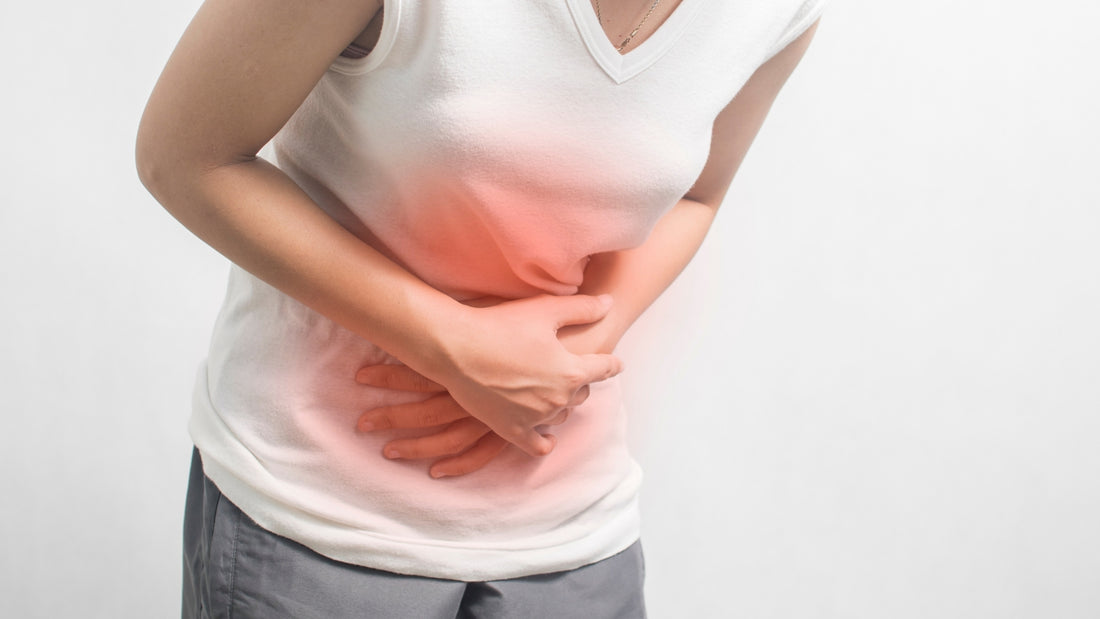
What are The Symptoms of Gastritis?
Share
Gastritis, Reflux and Ulcer
The common reasons that our hospital's general surgery outpatient clinic deals with and why our patients visit us are gastritis, reflux and stomach and intestinal ulcers. What is Gastritis? It is a disease caused by inflammation and infection of the stomach lining. Stomach ulcer bacteria cause infection and gastritis occurs. In gastritis, the inner layer of the stomach wall is damaged. Excessive alcohol consumption, smoking, some inflammatory drugs, stress, some bacteria, food poisoning and radiation therapy are among the factors that cause gastritis. There are two types: acute gastritis and chronic gastritis. If gastritis occurs suddenly, it is acute, and the type that develops slowly and over a long period of time is chronic gastritis.
What are the symptoms of gastritis?
Symptoms of acute gastritis may include pain in the upper abdomen, burning, scratching, nausea after eating, vomiting, heartburn, loss of appetite, pain in the back, frequent burping, bloating, and abnormal stools. Although chronic gastritis does not always show symptoms, the symptoms that appear when it does appear are bloating, indigestion and pain in the upper abdomen. Gastritis Diagnosis and Treatment: First of all, the patient undergoes a physical examination and then ultrasonography is performed. If there is a suspicion of perforation in the stomach, an x-ray is taken. Endoscopy method is used for definitive diagnosis. For the treatment of gastritis, first of all, foods and drinks that harm the stomach lining should be stopped. Chief among these are alcohol and caffeine. Smoking should also be stopped.
It is important to consume easily digested foods, so gastritis treatment requires a good diet. Drugs that inhibit or neutralize stomach acid production, proton pump inhibitors and histamine blockers are used as drug therapy.
The common reasons that our hospital's general surgery outpatient clinic deals with and why our patients visit us are gastritis, reflux and stomach and intestinal ulcers. What is Gastritis? It is a disease caused by inflammation and infection of the stomach lining. Stomach ulcer bacteria cause infection and gastritis occurs. In gastritis, the inner layer of the stomach wall is damaged. Excessive alcohol consumption, smoking, some inflammatory drugs, stress, some bacteria, food poisoning and radiation therapy are among the factors that cause gastritis. There are two types: acute gastritis and chronic gastritis. If gastritis occurs suddenly, it is acute, and the type that develops slowly and over a long period of time is chronic gastritis.
What are the symptoms of gastritis?
Symptoms of acute gastritis may include pain in the upper abdomen, burning, scratching, nausea after eating, vomiting, heartburn, loss of appetite, pain in the back, frequent burping, bloating, and abnormal stools. Although chronic gastritis does not always show symptoms, the symptoms that appear when it does appear are bloating, indigestion and pain in the upper abdomen. Gastritis Diagnosis and Treatment: First of all, the patient undergoes a physical examination and then ultrasonography is performed. If there is a suspicion of perforation in the stomach, an x-ray is taken. Endoscopy method is used for definitive diagnosis. For the treatment of gastritis, first of all, foods and drinks that harm the stomach lining should be stopped. Chief among these are alcohol and caffeine. Smoking should also be stopped.
It is important to consume easily digested foods, so gastritis treatment requires a good diet. Drugs that inhibit or neutralize stomach acid production, proton pump inhibitors and histamine blockers are used as drug therapy.